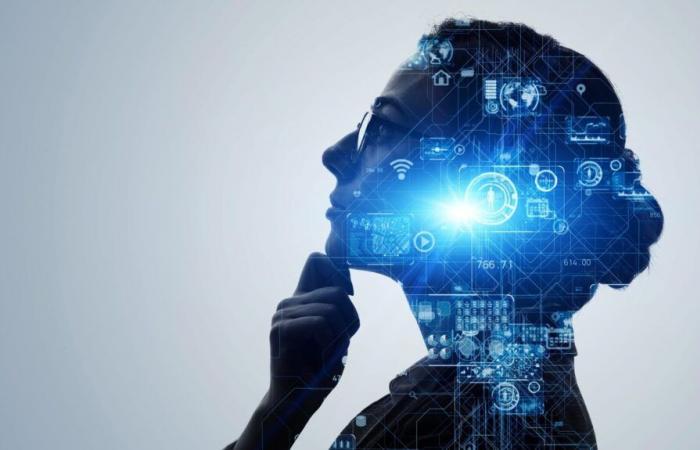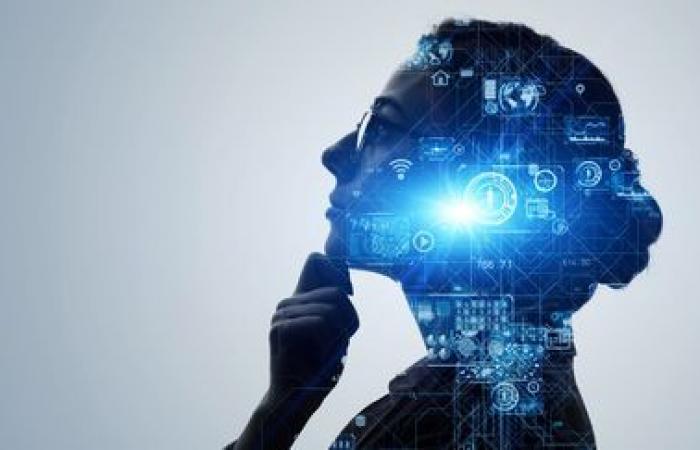It exploded in 2024, it will undoubtedly become even more prevalent in 2025. Today, artificial intelligence allows you to create photos or music from scratch. It is a tool for medicine or agriculture. But like the human brain, it shows signs of aging.
Published on 01/01/2025 07:37
Reading time: 3min

Concretely, artificial intelligence can already help doctors make radiology diagnoses, for example. Some experimental systems are able to spot tumors on mammograms several years before they are detectable by the human eye. Laboratories are also using AI to virtually design or test new drugs, or accelerate genetic analyses.
In agriculture, artificial neural networks can help with weather prediction and soil analysis, or even in engineering, to create new materials. In Berkeley in the United States, an AI-automated laboratory was able to generate dozens of new materials previously unknown from samples of already existing matter, report our colleagues at Science and Future in a 70-page special issue which has just been published on artificial intelligence.
But there are also many critics who are raised in the face of this scientific revolution. Starting with Geoffrey’s. E Hinton, 2024 Nobel Prize in Physics and pioneer of artificial intelligence. He himself warns humanity against the possible abuses of the machine learning systems that he helped to create. AI raises the question of the generation of false information, that of intellectual property, and also that of the energy weight of these technologies. Data centers and AI technical support already consume around 2% of global electricity consumption today.
You have to remember that if the AI goes fast, it doesn’t understand anything. It’s just intelligence augmented by humans. Moreover, in its Christmas issue, the prestigious one, British Medical Journal reported this instructive experiment: researchers gave AIs a gold standard medical test that is used to detect brain aging in humans and this study shows that chatbots sometimes show signs of the beginnings of cognitive decline. Some artificial intelligences have, for example, had difficulty putting numbers or letters in order or remembering a sequence of five words. They are also found to be less good than the human brain at spotting visual shapes or finding one’s way in space. New proof that these artificial brains are not ready to replace us.








